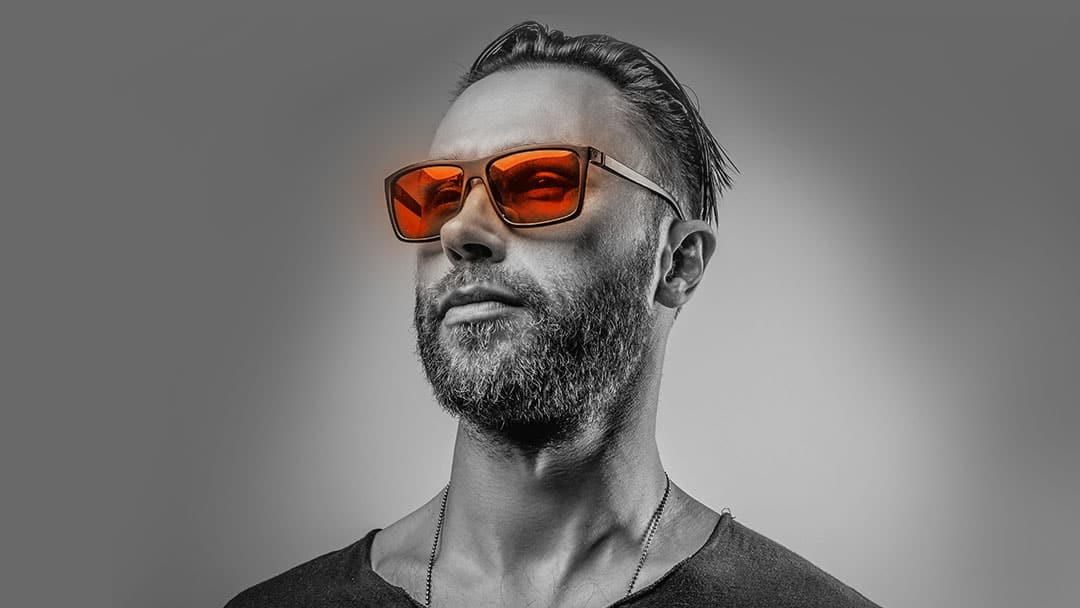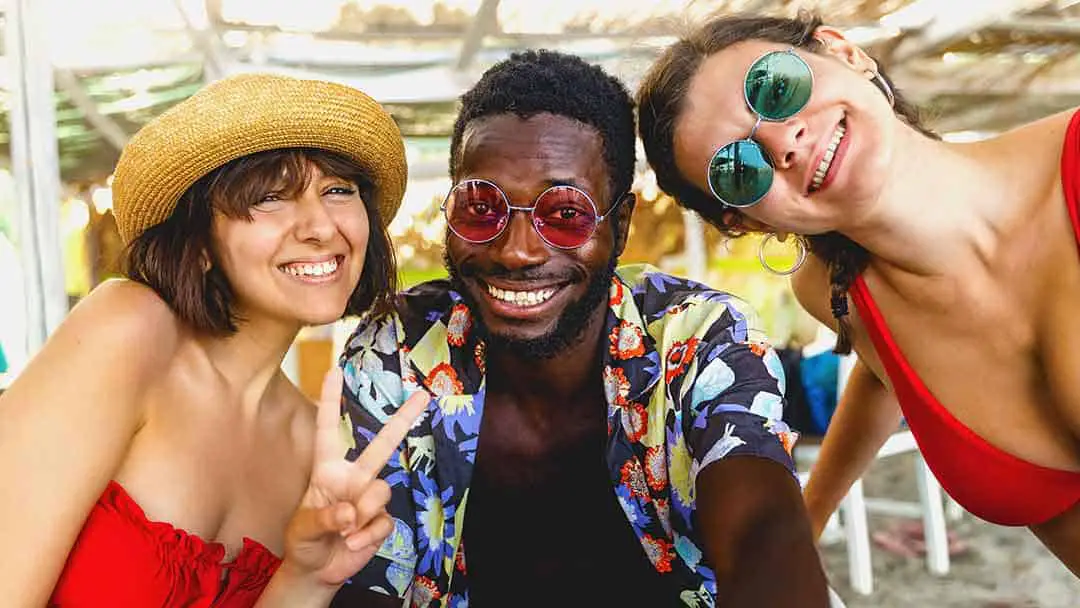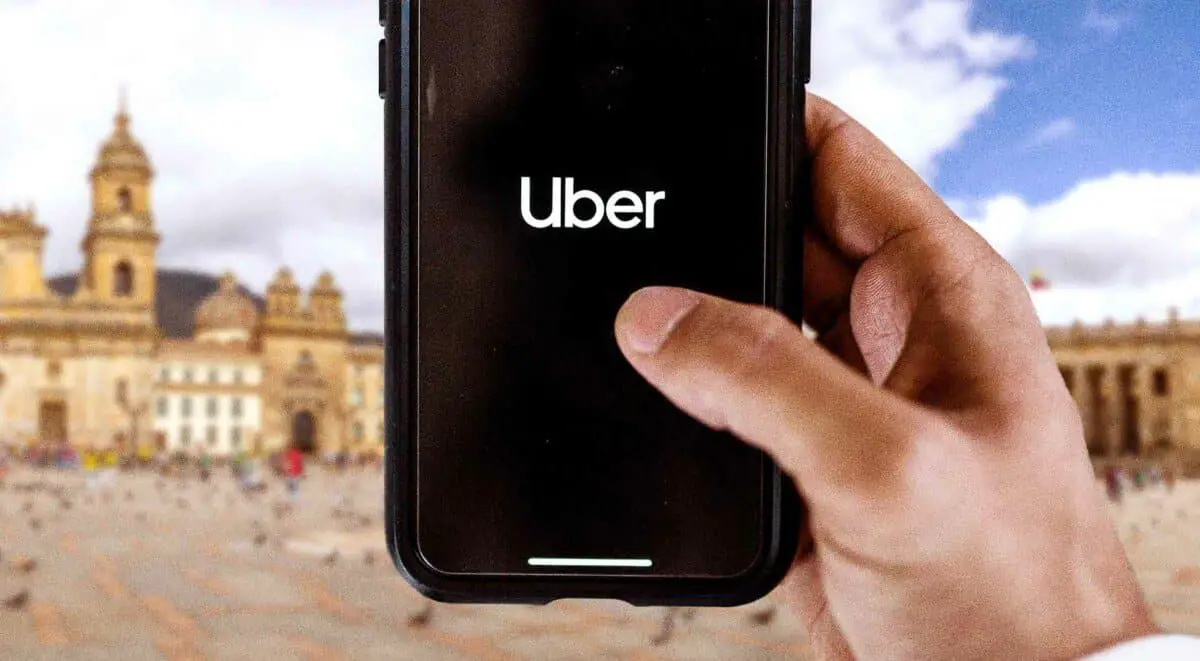Pros & Cons of Blue Light Blocking Glasses: Do They Work?

As an Amazon Associate we earn from qualifying purchases made on our website. If you make a purchase through links from this website, we may get a small share of the sale from Amazon and other similar affiliate programs. You can read our complete legal information for more details. By using this site, you agree the information contained here is for informational purposes only. For specific medical questions, consult your doctor. NO information on this site should be used to diagnose, treat, prevent or cure any disease or condition.
When you think about it, the Carnivore, Ketogenic, or Paleo Diet usually improve health because they get you back to a similar diet to what your ancestors evolved on.
Meaning you are eating foods that suit your digestive system, and you get potential health benefits from doing this. Then logic dictates that trying to live in a way that also mimics how we lived in the past may also be beneficial.
Humans have spent millions of years evolving under sunlight, moonlight, and, more recently, firelight. This forced us to live closer to the rules of nature and be in sync with it.
I know this first-hand; when I go camping, within a couple of hours of it getting dark, I am ready for bed.
If I am just away camping for a night or so, it is nice, but I don’t feel any therapeutic benefits, but if I am away for a few nights, I notice how much better I feel.
So maybe it is possible to improve your health in this modern world by getting back to our roots, which brings us to “Blue Light” and how blue light blocking glasses may be beneficial.
Enjoy this very basic ride into the realm of blue blockers!

What is blue light
Blue light is a part of the visible light spectrum, and it is a part of nature. You know we can see blue light, because well… the sky is blue or is the color that we have named blue anyway.
In the past, our main source of blue light was from the sun, so we were only exposed to it in the daytime. This is known as natural blue light and is an important aspect of controlling our circadian rhythm.
In a very short time, evolutionarily speaking, we have flooded our life with artificial blue light.
Electrical lighting, TVs, computers, and mobile phones. Meaning we have gone from having blue light around only in daylight hours and from a natural source to basically being exposed to blue light 24 hours a day.
The question is, does this impact health? Let’s find out.
Is blue light harmful?
Dr. Rowen thinks it is… “though the amount of light emitted by digital screens is indeed much lower than that of sunlight, we now spend more time in front of screens without knowing the consequences of the cumulative effect of this low dose of radiation on eyes.”
“Plus, due to technological advances, displays are getting brighter, and their integration in daily life is getting more complex,” she says. “Think about the AR/VR devices that are gaining popularity and how closely they hold a blue light-emitting device to your eyes.”
Dr. Rowen explains further in this article:
The further away we get from natural food and the ratios of macro and micronutrients found within nature, the more I believe our health suffers.

For example, there is no way to eat the amount of sugar found in the Standard Western Diet from the wild, and realistically there is no way for you to make your own Vegetable Seed oils in the amounts most people consume them in.
Is it possible the same is true with blue light? The natural form of it is beneficial for health, but as soon as you introduce artificial blue light, you are going against nature, and when you do that, bad things usually happen.
For example, as pointed out, you get blue light from the sun and lots of it. But it comes within a broad range of other light from the spectrum.
This has always been the case, and your eyes will have evolved using that broad range. However, when you get blue light from an LED screen, you are getting a very condensed range of light that cannot be found anywhere else in nature.
So what’s up with blue light blocking glasses? Do they work? Do they do anything beneficial?

Pros
Circadian Rhythm & Proper Sleep
Apparently, the circadian rhythm has a huge part to play in good health. It regulates your sleep and hormones.
Sleep is so vital for good health; it is when you regenerate and recover from what you have put your body through during the day. Poor sleep has been shown to increase your risk of things like obesity, cancer, and your immune system response.
Wearing blue-blocking glasses may help with reducing the impact of screen time on your sleep patterns.
Here is the theory. Natural blue light is great for keeping you alert and active during the day, but then as night draws in, you are meant to start producing melatonin, which helps you sleep.
Those pesky LED screens delay and lessen the production of melatonin. Meaning there is a high risk of having sleep deficiency. (1)
Digital Eye Strain
Looking at screens all day does put a strain on your eyes. Making them feel sore and tired.
However, eye strain has more to do with how much you blink your eyes. Some doctors say blue light blocking glasses do nothing to help with eye strain. (2)
But I have seen people say they do help, so the verdict is still out there on if they improve strain or not. Maybe a placebo effect?
Protection
As with most things relating to your body, they deteriorate over time. But the more you abuse them, the more likely you will have issues earlier in life.
So, any preventative measure you can take is going to lessen your risk of things like Age-Related Macular Degeneration. Prevention is always better than a cure.
Depression and Mood
A scientific study was published showing that the elderly had an increase in episodes of depression when exposed to blue light at night. (3)
Perhaps using blue light blocking glasses could improve your mental health if used properly?
Better Memory
A recent scientific study showed that by disrupting your circadian rhythm, humans had memory challenges. (4)
Once again, it is shown that we humans may have brain problems by disrupting the circadian rhythm. Bummer.
Fat Loss
Fat loss? Really? A study was done in Canada, showing the effects of light and how it triggers the body to store fat.
Simply put, they hypothesize that the more exposure you have to natural sunlight the less fat the body stores.
Perhaps this may be one of the reasons people get fatter during the winter months in which we are exposed a lot less to full-spectrum natural sunlight.
The problem with blue light at night is that the other colors of light are not present. This can potentially lead to metabolic dysfunction issues.
Cons
They are a hack
I believe they work, and in the modern world are almost a necessity.
However, they are a cheat!
What I mean by this, is that they don’t force you to change your lifestyle.
They enable you to carry on in doing your normal things and allow you to “get away with them.”
If you believed in the science behind blue light and wanted to reduce it in your life, but there were no such things as blue light glasses, then you would be forced to change your lifestyle.
You might have to change your job from an office job to something working outdoors, or you might stop watching TV at night and play board games or read a book, you could take up camping on the weekends, or find a way to quit the rat race and live in a log cabin by a lake.
Some people go as far as blue light blocking their home by using amber lights and candles.
These are “real and natural” ways to reduce your blue light exposure.
Glass on Glass
If you already wear glasses for your eyesight, then it cuts your options down.
You can buy clip on ones and ones that fit over your normal glasses. But they are a lot more inconvenient, and the more troublesome something is, the less likely you will stick with it long-term.
Contacts
If you wear contacts, this is slightly better than if you wear only glasses. This means you have a full range of options available in relation to blue light glasses.
However, contact lenses have their own drawbacks, and it is beneficial to have some time not wearing them and wearing glasses instead.
Most people do this at night. Some people could wear their contacts for longer than they are used to if they bought blue light glasses, bringing their own set of issues.
Conclusion
There are a lot of options out there for you to try, and like when you buy anything, there will be good options and not so good options.
What I can tell you is that I use RA Optics and I am very happy with them. Plus they give our readers up to a 10% discount by using this link.

Before I started using RA Optics, I used some cheap blue light blockers from Amazon. They look ridiculous but seem to have gotten the job done.
Should you wear them though?
A lot of the science and benefits around blue light glasses are subjective and hard to quantify.
I think the best N=1 experiment is to get a sleep journal. Track the quality and quantity of your sleep in a journal for 30 days.
Keep everything the same as you normally do. Then wear some blue-blocking glasses for 30 days and track your sleep for another 30 days.
If you find your sleep has improved even just slightly, then I would recommend you continue wearing them.
There are plenty of sleep tracking journals on Amazon; look for one that prompts you to do morning and evening assessments like this one called Insomnia Sleep Journal Tracker.
Or pony up and get a ring that electronically tracks your sleep and keeps track of your data.
Finally, if you are interested in the impact of blue light and things like 5G, I would recommend you check out the work of Dr. Jack Kruse.
He has a blog but he also puts a lot of in-depth posts on his Facebook page. Definitely worth checking out. Also, check out this interview of him by my bro Luke Storey.
Disclaimer: I’m not a doctor. Consult with and ask your doctor about any diet or medical-related questions. No information on this site should be used to diagnose, treat, prevent, or cure any disease or condition. This is not medical advice.
Resources
- Harvard Health Publishing: Blue light has a dark side
- American Academy of Ophthalmology: Blue Light and Digital Eye Strain
- Exposure to light at night and risk of depression in the elderly
- Dysrhythmia in the suprachiasmatic nucleus inhibits memory processing
- Subcutaneous white adipocytes express a light sensitive signaling pathway mediated via a melanopsin/TRPC channel axis




2 responses to “Pros & Cons of Blue Light Blocking Glasses: Do They Work?”
[…] Pros & Cons Of Blue Light Blocking Glasses: Do They Work? […]
[…] Pros & Cons of Blue Light Blocking Glasses: Do They Work? […]